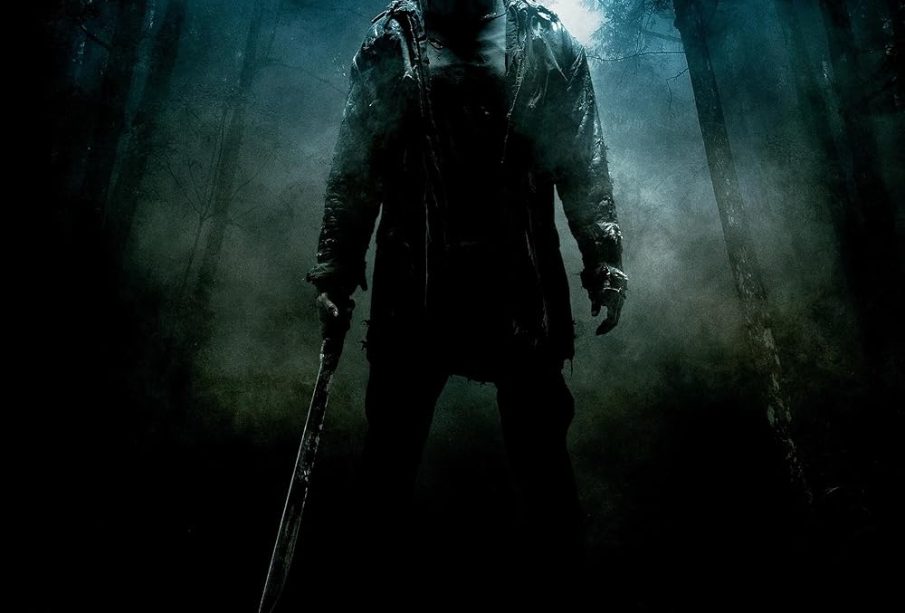The Significance of Friday the 13th in Culture and Folklore

Understanding Friday the 13th
Friday the 13th is commonly regarded as an unlucky day in Western superstition. This belief has its roots in various historical and cultural contexts and has been perpetuated through media, folklore, and popular culture. As a significant date, it inspires a mix of fear and intrigue, making it a focal point for discussing superstition in modern society.
Historical Context
The fear surrounding Friday the 13th has different interpretations, often linked to the number 13 itself, which has long been associated with bad luck. One of the earliest references notes that, after the Last Supper, there were thirteen individuals present, with Judas Iscariot being the 13th guest who betrayed Jesus. Similarly, in Norse mythology, there is a legend where Loki, the trickster god, was the 13th guest at a banquet in Valhalla, leading to chaos and death.
Friday’s Reputation
In addition to the number 13, Fridays have also held negative connotations in various cultures. For instance, in Christianity, Friday is traditionally associated with the crucifixion of Jesus, further deepening the day’s association with misfortune. This combination has solidified Friday the 13th as a particularly ominous date in the calendar.
Friday the 13th in Popular Culture
The modern perception of Friday the 13th is largely influenced by the horror film series of the same name that began in 1980. The franchise has popularised the date as one associated with horror and danger, and it has contributed to the broader cultural fascination with fear. The term ‘triskaidekaphobia’ — the fear of the number 13 — illustrates the psychological impact this superstition has had on society. In fact, many people avoid important decisions, travel, or even medical procedures on this day due to its perceived unluckiness.
Current Relevance
Friday the 13th continues to capture the public’s imagination, sparking discussions on the concept of luck and the irrational fears that humans carry. While some individuals may see the day as an opportunity for pranks or festivities, others might engage in rituals to protect themselves from bad luck. As we continue to embrace and challenge these superstitious beliefs, the impact of Friday the 13th remains a topic worthy of consideration.
Conclusion
In summary, Friday the 13th serves as a reminder of the deep-rooted superstitions that permeate various aspects of society. It reflects our historical attitudes toward fate and chance, and its significance can be observed in cultural expressions and personal behaviours. Ultimately, whether one views the day with caution or indifference, its presence in the collective consciousness highlights the enduring nature of folklore and its role in shaping human experience.









